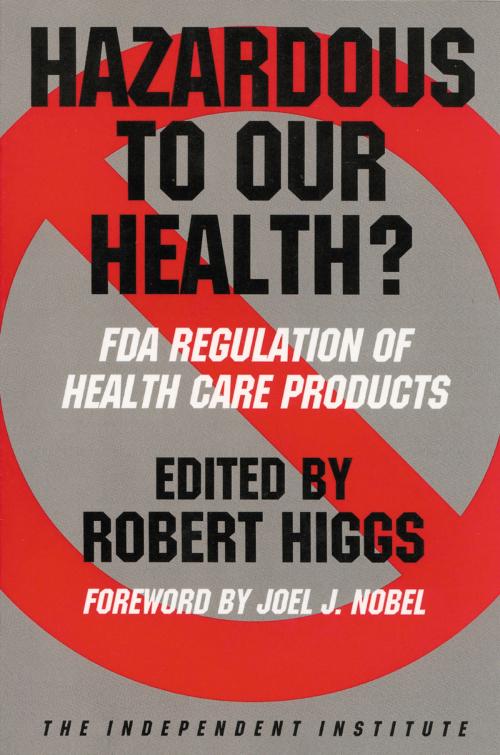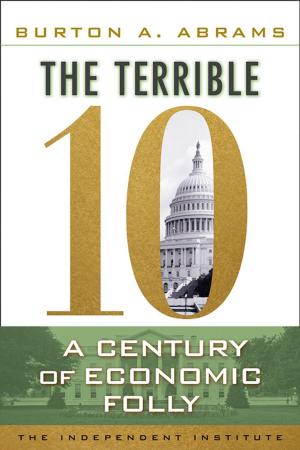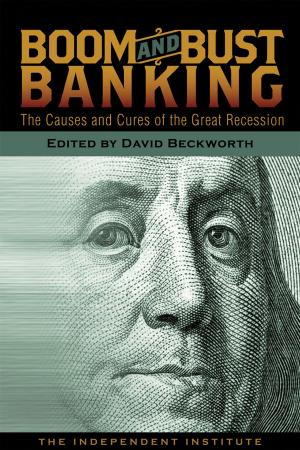Hazardous to Our Health?
FDA Regulation of Health Care Products
Nonfiction, Reference & Language, Law, Civil Procedure, Social & Cultural Studies, Political Science, Government, Public Policy| Author: | Robert Higgs, Robert Higgs, Ronald W. Hansen, Paul H. Rubin | ISBN: | 9781598132847 |
| Publisher: | Independent Institute | Publication: | June 20, 2016 |
| Imprint: | Independent Institute | Language: | English |
| Author: | Robert Higgs, Robert Higgs, Ronald W. Hansen, Paul H. Rubin |
| ISBN: | 9781598132847 |
| Publisher: | Independent Institute |
| Publication: | June 20, 2016 |
| Imprint: | Independent Institute |
| Language: | English |
Some have described the Food and Drug Administration (FDA) as a scientific bureaucracy with police powers. Does a “cult of infallibility” exist within the FDA, leading to decisions that are contrary to the best interests of patients and their physicians?The Food and Drug Administration (FDA) is one of the most powerful of federal regulatory agencies, if not the most powerful. It regulates over 25% of all consumer goods sold in the United States. It makes decisions on a daily basis that affect the lives of millions of people.While the FDA was created to protect the public, how well is it fulfilling this mission and whose interests is it actually protecting?In this book, four outstanding scholars examine how the FDA accumulated its enormous power and what effects it has had on the public. It also explores who actually benefits and loses from FDA actions, and whether alternatives exist to safeguard the health of Americans. This book raises serious questions about the wisdom of giving policing power to scientists with little oversight or appeal process, as the FDA currently does. It also argues forcefully that the FDA unnecessarily delays beneficial medicines and medical devices, many of which are routinely available in Europe, from being available to Americans.
Some have described the Food and Drug Administration (FDA) as a scientific bureaucracy with police powers. Does a “cult of infallibility” exist within the FDA, leading to decisions that are contrary to the best interests of patients and their physicians?The Food and Drug Administration (FDA) is one of the most powerful of federal regulatory agencies, if not the most powerful. It regulates over 25% of all consumer goods sold in the United States. It makes decisions on a daily basis that affect the lives of millions of people.While the FDA was created to protect the public, how well is it fulfilling this mission and whose interests is it actually protecting?In this book, four outstanding scholars examine how the FDA accumulated its enormous power and what effects it has had on the public. It also explores who actually benefits and loses from FDA actions, and whether alternatives exist to safeguard the health of Americans. This book raises serious questions about the wisdom of giving policing power to scientists with little oversight or appeal process, as the FDA currently does. It also argues forcefully that the FDA unnecessarily delays beneficial medicines and medical devices, many of which are routinely available in Europe, from being available to Americans.















